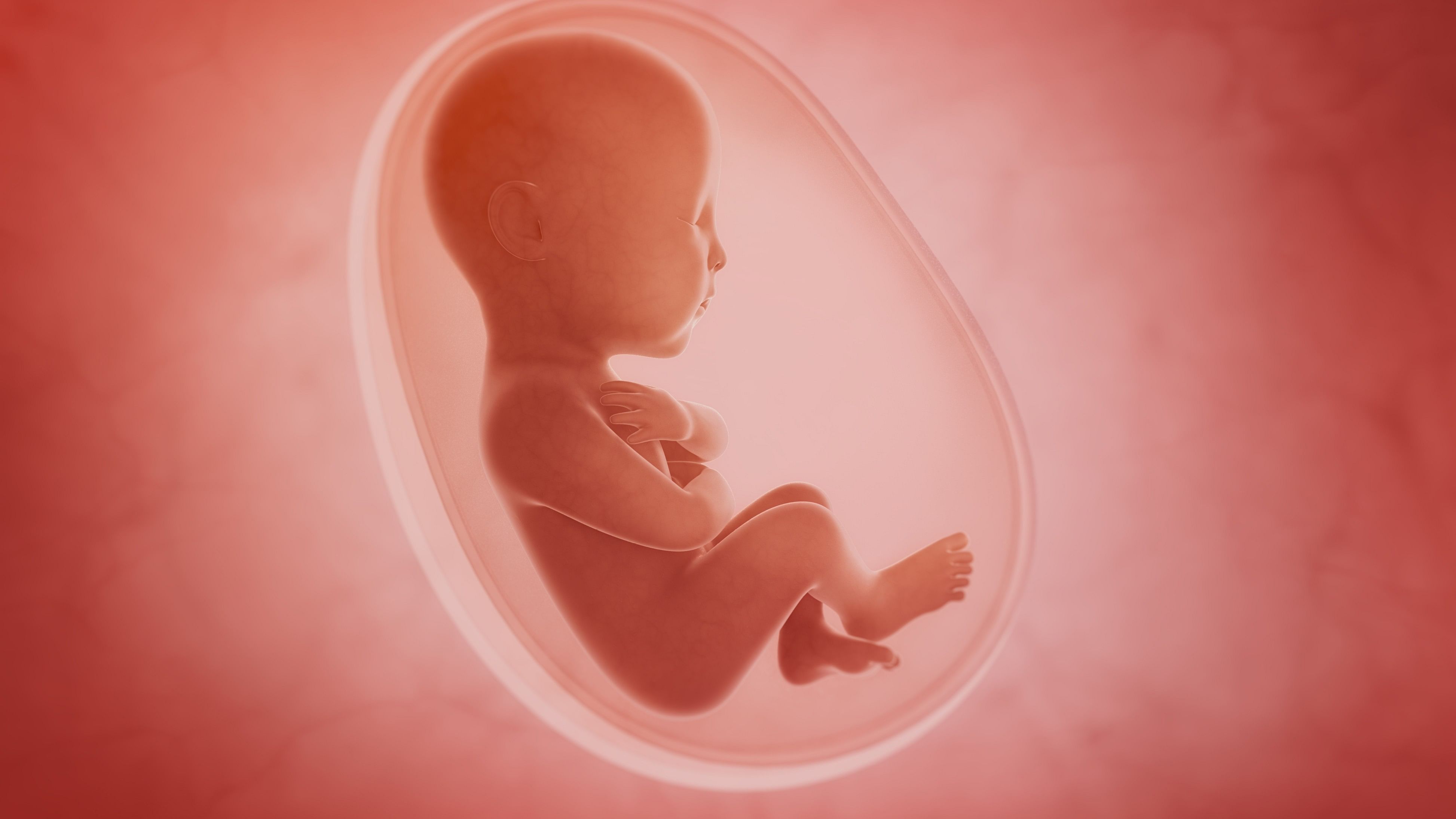
Representative image of foetus inside the womb.
Credit: iStock Photo
Climate change and rising temperatures can lead to poor birth outcomes like preterm birth and low birth weight, and complications like pre-eclampsia in pregnancy, a recent study conducted in three sites including Belagavi shows. The rise in temperatures in South Asia and its negative effects on foetal growth could lead to intergenerational health impacts, says the study.
It analysed data from 1.26 lakh women across three sites — Belagavi, Nagpur, and Thatta in Pakistan — over six years between 2014 and 2020. The data was part of the Global Network Maternal Newborn Health Registry under the National Institute of Health, USA. Researchers from the US, India and Pakistan, including from J N Medical College in Belagavi, conducted the study.
Using temperature data from the sites, they correlated women’s heat exposure with their pregnancy outcomes.
The risk of preterm birth and newborns’ low birth weight (less than 2.5 kg) were associated with high temperature exposure during the second trimester of pregnancy. For every 100 women without heat exposure, 107 women with exposure in the second trimester had a risk of preterm childbirth.
Also, the pregnant woman’s risk of hypertension/pre-eclampsia, which can cause complications, was linked with heat exposure in the third semester. In Belagavi and Nagpur, there was 11-13% increase in risk.
"The outcomes were worst in Thatta in Pakistan, where temperatures go above 50 degrees Celsius. In India, areas like Raichur and parts of North India already have such temperatures. In Nagpur and Belagavi, temperatures go up to 45 and 40 degrees respectively, and the impacts were relatively lesser," says Dr Manjunath S Somannavar, professor at J N Medical College, and a co-author of the study.
These effects come from a combination of nutritional issues, temperature and environmental factors, he adds.
The study participants were rural populations with little access to facilities like air conditioning. About 80% had low haemoglobin levels (below 10.9 g/dL) and 32% were underweight.
The findings show the need for solutions like cooling materials and nutritional supplements for pregnant women in regions with high temperatures, says Dr Somannavar.
Risks Posed By Rising Mercury
In pregnant women, heat stress can cause:
Dehydration
Hormonal changes
Reduced blood supply to foetus, altered foetal metabolism
Hypertension